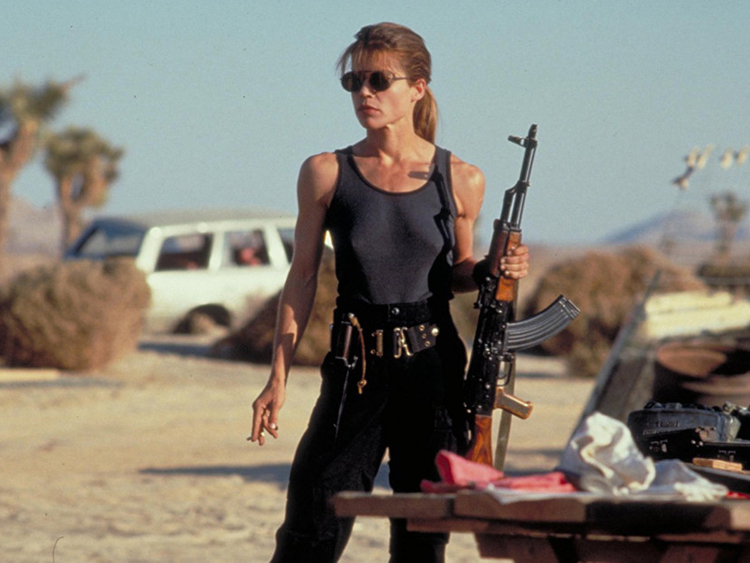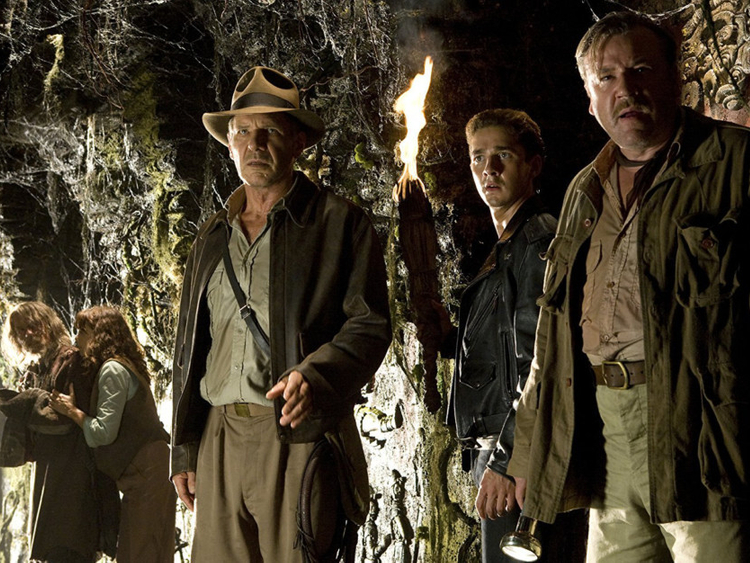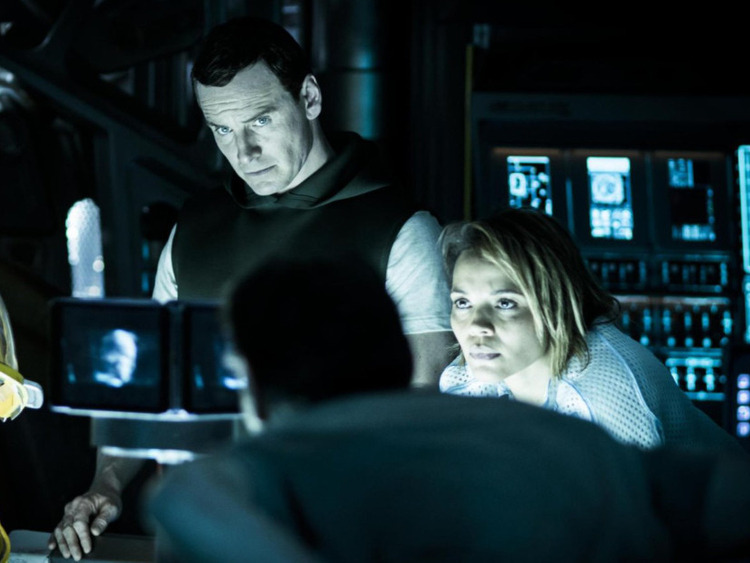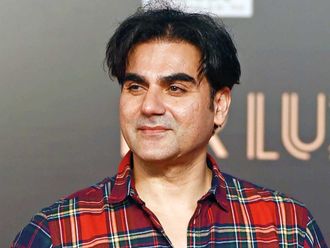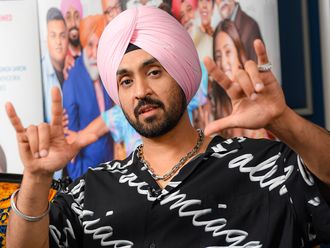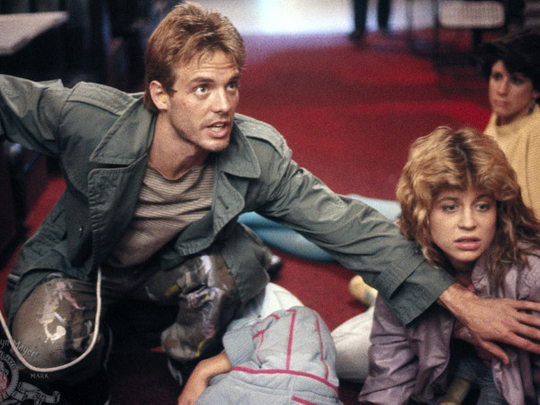
In the realm of Hollywood sci-fi, only one future is guaranteed. If a movie finds even a modicum of success with audiences, it will eventually be remade or turned into the starting point for a franchise.
Who would have thought that a well-received but largely forgotten 1973 thriller about a wild west-style amusement park whose android cowboys turn on their guests would spark the best new television show of last year, in HBO’s Westworld? And who might have imagined in 1984 that The Terminator, a low budget futuristic vision from rookie filmmaker James Cameron, would still be knocking around Hollywood 20 years after the date upon which the machines were supposed to have destroyed human civilisation ?
Ever since his last turn at the controls, 1991’s Terminator 2: Judgment Day, Cameron has been forced to watch from the sidelines as the laser-honed perfection of his original vision has been twisted into a malfunctioning mess by a series of lesser filmmakers. But now he and his original cast — Arnold Schwarzenegger and the criminally underused Linda Hamilton — are back to reclaim the franchise from the Hollywood machine.
Arnie has reportedly told a fan site that the new film will ignore the non-Cameron Terminator movies, with events taking their cue from Terminator and T2 only. We also know that the Avatar director will take a hands-on producer’s role, rather than directing, this time around. Deadpool’s Tim Miller is set to take charge for the first film, which is intended to mark the beginning of a new trilogy.
On paper, Terminator 6 (or 2.5), sounds like it should have all the ingredients for success. Yet history tells us that famous Hollywood filmmakers who have turned back time to revisit past glories often find it impossible to catch lightning in a bottle the second time around.
Perhaps the most obvious case is that of Ridley Scott, whose return to the Alien franchise was hailed as an opportunity to recapture the brooding tone of his original 1979 venture when he signed on to direct the film that eventually became Prometheus in 2009.
Instead, the saga has lost its way horribly, with Scott seemingly obsessed with explaining away elements of the Alien mythos that would have been better off remaining as tantalising slivers of enigma.
Sure, we all really wanted to know where the “space jockey” from Alien came from, but not enough that we would pay to see a whole new movie about this hitherto innocuous extra-terrestrial species, especially as the original xenomorphs were far more grimly fascinating. And yes, okay, the madness of Michael Fassbender’s David was probably the most interesting thing about Prometheus (though there was not much competition). But that does not mean we want an entire episode (as was the case with this year’s Alien: Covenant) devoted to seeing quite how far the Machiavellian android was prepared to push his freakishly grotesque envelope.
Scott is also returning as a producer on the imminent Blade Runner 2049, which at this stage looks rather more promising. With a little bit of luck, director Denis Villeneuve will be given licence to pursue an original vision that expands the original movie’s fascinating conversation about the nature of humanity, because if Scott had been directing, we might easily have found ourselves watching a movie about the continuing adventures of the guy who serves Harrison Ford’s Rick Deckard his noodles.
The British filmmaker is not the only director to have come a cropper when revisiting past glories. Steven Spielberg’s final Indiana Jones movie ought to have been 1989’s The Last Crusade, but the three-time Oscar-winner was persuaded to return by his friend George Lucas for 2008’s ill-conceived Kingdom of the Crystal Skull, a movie now best known for the infamous “nuke the fridge” scene, some dodgy CGI gophers and the unwelcome addition of Shia LaBeouf’s Mutt Williams. Not to be put off, Spielberg will be back for more alongside Ford’s whip-cracking archaeologist in a new Disney-backed episode next year.
Then there’s Peter Jackson, whose remarkable, Oscar-winning achievement in adapting JRR Tolkien’s The Lord of the Rings will always be tarnished by his decision to film the undercooked, over-stretched Hobbit trilogy a decade later. Let’s not even mention Lucas’s damnable Star Wars prequels.
Naturally there are exceptions to the rule that one never goes back — George Miller’s Mad Max: Fury Road being the clearest example. Why did that particular movie manage to buck the trend? And what can Cameron learn from his Australian contemporary? Instead of expanding the mythos into increasingly portentous territory, as Scott might have done, Miller simply gave us a better Max Max movie than any we had seen before, trimming off any extraneous fat and treating audiences to a thrillingly realised chase thriller of heavy-metal blood and thunder.
If the Avatar director can repeat the trick, and give us a new Terminator film that feels like the definitive episode in the saga, most fans will be more than willing to pretend that the last three movies in the series were wiped out of existence the moment Cameron fired up the time displacement gizmo and set the old electricity a crackling once again .



